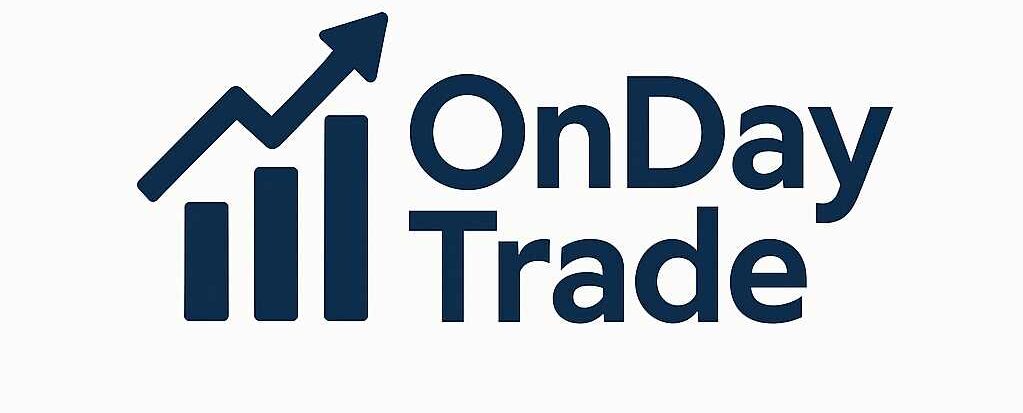Discover how businesses can be held liable for outdated or misleading content in Google’s cache. Learn key legal precedents and steps to protect your digital footprint.
A company that waits too long to request the deletion of misleading advertising that is still present in Google’s cache may also be held liable.
According to the Higher Regional Court of Frankfurt am Main (judgment of August 22, 2019 – 6 U 83/19), a company can be held responsible under competition law for Google snippets. The court’s decision involved a company that had unfairly advertised a manufacturer’s warranty on its website and had submitted a cease-and-desist declaration, subject to a penalty.
The company had removed the misleading advertisement from its site and requested Google to delete the old page containing the violation, but this request was made about two weeks after the page had been corrected.
The Advertisement in Google’s Cache
In the interim, the advertisement continued to appear in Google snippets. Google creates backups of web pages to store them in its cache. These cached copies are then used to generate snippets, which are previews of the page’s content shown in search results.
Despite the advertisement being removed from the company’s website, the content remained visible in Google’s cache, which led to continued exposure of the misleading ad. This prompted the company to file for a preliminary injunction with the Regional Court of Frankfurt am Main (judgment of April 16, 2019 – 3-06 O 100/18) to stop the advertisement. The Higher Regional Court affirmed the ruling, reinforcing the company’s responsibility for the deceptive advertising that remained visible in Google’s cache.
Liability for Content on Your Website
The court explained that the company’s liability was based on two main factors:
The company’s prior anti-competitive conduct (the misleading advertisement).
The company’s failure to act promptly in requesting Google to delete the cached version of the advertisement.
The court emphasized that a company must take steps to influence third parties whose actions benefit it economically—especially when it has the ability to do so. Search engines rely on the company’s website to generate results that can benefit the company’s visibility. This means businesses must expect that search engines will index their content and display it in search results.
Thus, a company is required to act quickly in requesting that Google delete the cached version of a webpage once it has been removed from the company’s website.
Google’s Role in Removing Content
Google provides tools, such as Google Webmaster Tools, that allow businesses to request the removal of outdated content from the Google cache. However, the company in question delayed its request for 14 days after removing the ad. The court found this delay unacceptable and stated that the company should have immediately requested the content’s deletion after removing it from the website.
The Legal Precedents and Case Law
The decision of the Higher Regional Court of Frankfurt am Main is consistent with previous rulings that stress the company’s responsibility to manage not only its own website but also how its content appears on search engines.
The Federal Court of Justice (BGH) also ruled in 2018 that businesses must take steps to ensure content is removed from search engine caches (judgment of July 12, 2018 – I ZB 86/17).
Other courts, including the Higher Regional Court of Stuttgart (2015), Düsseldorf (2015), and Celle (2015), have affirmed that companies are responsible for ensuring that anti-competitive content is removed from search engine caches.
In a 2018 ruling, the Higher Regional Court of Dresden further clarified that businesses must exert sufficient pressure on Google to delete outdated results and warned that telephone attempts to contact Google might not be enough, especially if they are not answered.
Third-Party Websites and Liability
The Frankfurt Court also confirmed that businesses need to monitor not only their own websites but also third-party websites that might publish misleading or outdated information. If these third-party websites work with Google, the company may also need to influence those sites to delete the relevant content.
In one case, a defendant argued that it wasn’t responsible for hotel booking portals that ignored updated content and continued displaying outdated descriptions. The court disagreed and ruled that the injunction also extended to booking portals such as Booking.com, meaning that companies must ensure the accurate information is reflected across all related platforms.
Cache Deletion Requirements for Other Search Engines
The ruling is not limited to Google but can be extended to other search engines. While this hasn’t been fully clarified, businesses may need to take similar steps to remove outdated content from other search engines, including Yahoo! and Bing. This is especially relevant if these search engines have a reasonable market share, as in the case of Bing, which still holds a portion of the market in some regions.
For example, in a 2016 ruling, the Baden-Baden Regional Court stated that deletion requests should be made to other major search engines such as Yahoo! if there is an online competition violation.
Key Takeaways for Companies
Act quickly:
As soon as content is corrected or removed, businesses must immediately request that search engines delete any outdated versions.
Monitor search results:
Don’t assume the content won’t appear elsewhere. Regularly search for your company’s name and monitor how it appears on Google and third-party websites.
Third-party influence:
Make sure that third-party platforms reflecting outdated or incorrect content are also notified for removal.
Document your actions:
Keep records of all requests made to Google and other search engines to prove that you took necessary steps to address the issue.
Conclusion
The Frankfurt ruling highlights the importance of businesses actively managing not only their own website content but also their digital footprint across search engines and related platforms. Delaying the removal of misleading content, especially from Google’s cache, can lead to serious legal consequences, so it’s essential for businesses to act swiftly when addressing such violations.
The Importance of Proactive Monitoring and Compliance
In today’s digital world, a company’s online presence goes well beyond just its website.. As search engines play a crucial role in shaping public perception and driving traffic, businesses must recognize their responsibility to maintain accuracy across all platforms where their brand is visible. This case serves as a stark reminder that companies cannot afford to be complacent about outdated or misleading content, especially when it is cached by search engines like Google. A proactive approach is essential to ensure that incorrect or anti-competitive information does not persist in search results, potentially causing reputational harm or legal consequences.
Companies should invest in tools and resources that allow them to monitor their online presence consistently. Regular audits of search engine results and Google snippets related to their business should be part of standard operating procedures. Additionally, staying up-to-date with evolving laws and guidelines around online content and data protection can prevent such issues from arising in the first place.
It’s also worth noting that the issue of cached content extends beyond just compliance with competition law. Businesses that fail to manage their online presence effectively may also face scrutiny under consumer protection laws or data privacy regulations. By acting swiftly to remove misleading content and ensuring that their digital footprint reflects current and accurate information, companies can safeguard both their reputation and legal standing in the marketplace.

